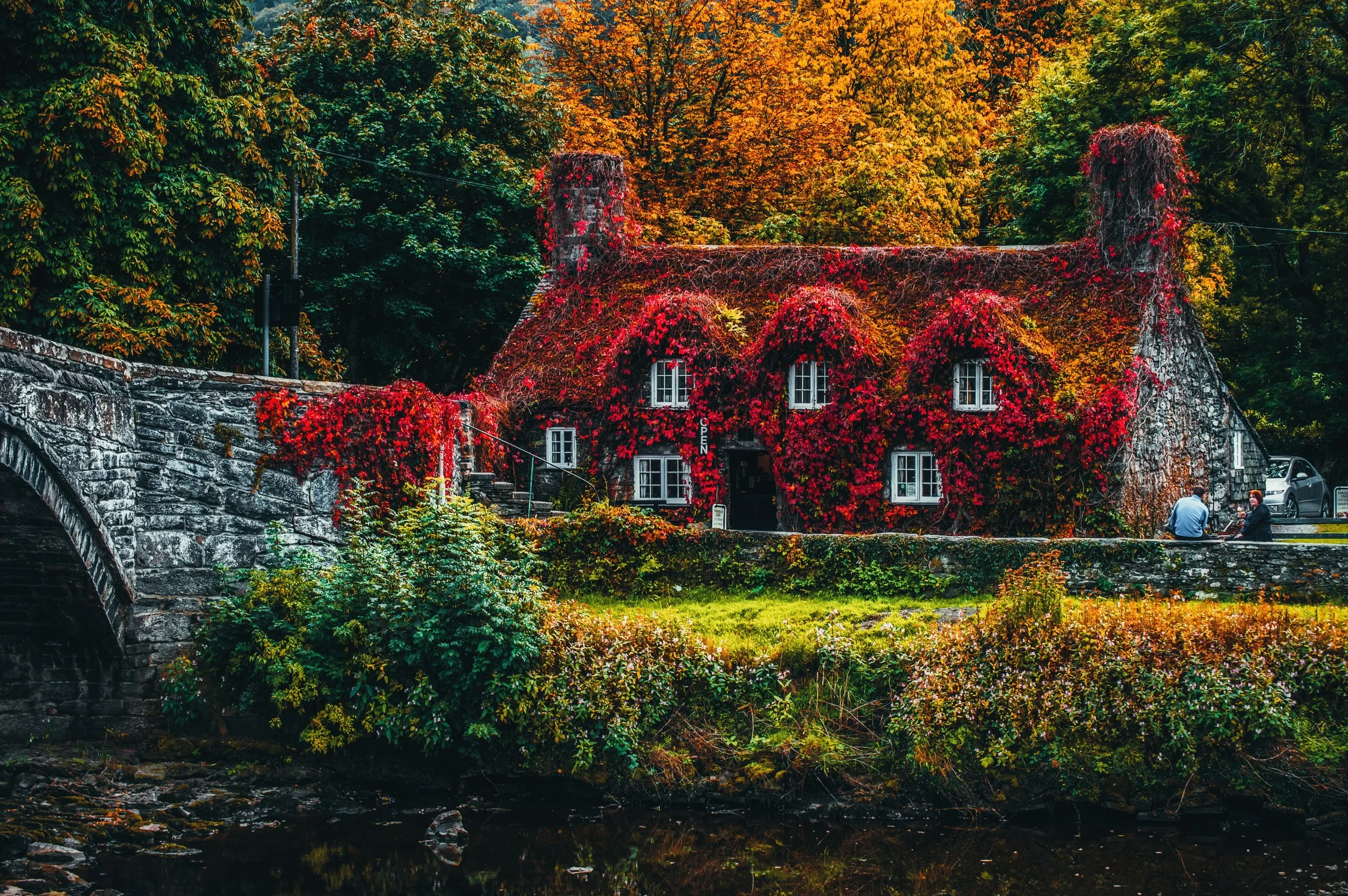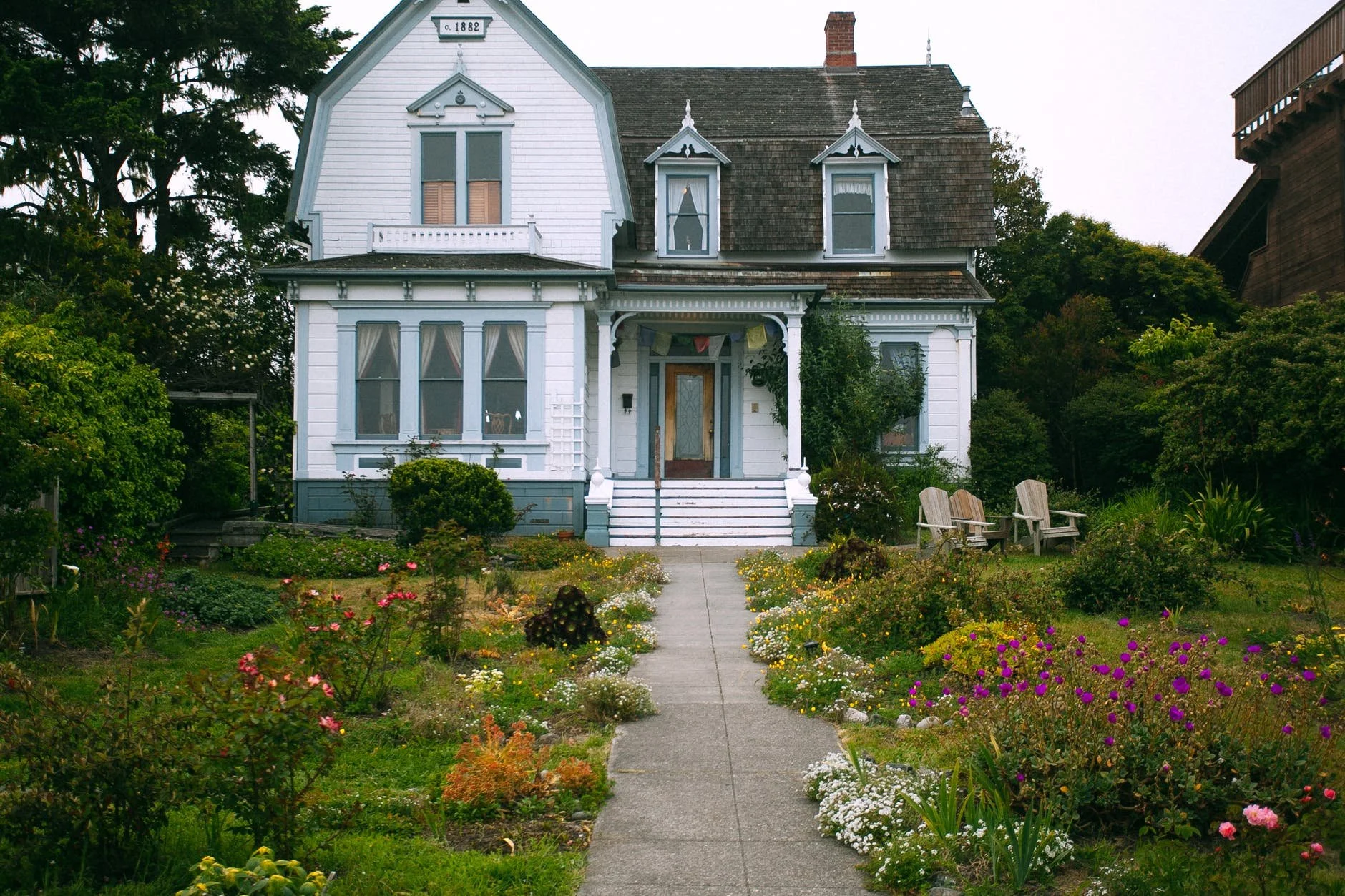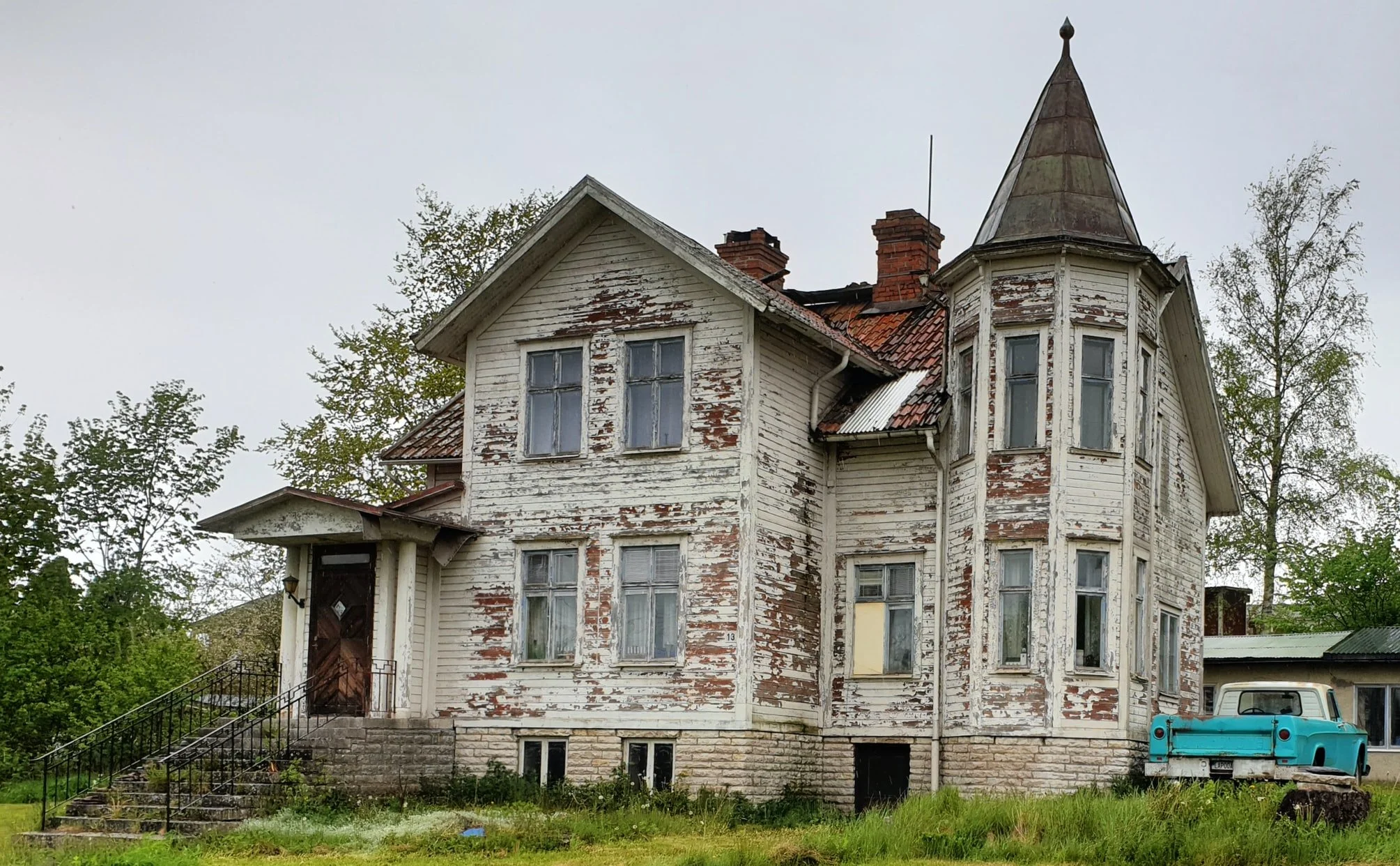What You Need to Know Before Buying an Old House
RH Business Marketing Solutions
May 18th, 2021
Photo Credit: Alamy Stock Photo
With their aesthetic character and distinctive charm, old houses are staples on the real estate market. In fact, many buyers aren’t interested in new constructions at all and prefer the qualities of homes built in certain styles or eras. However, an older home isn’t right for every sort of buyer. Notorious for their maintenance needs, old houses may also pose a good deal of expense for homeowners. If you’re getting ready to shop for a home, you’ll want to consider the pros and cons of buying an old house and whether or not this purchase is truly right for you.
What Are the Pros and Cons of Old Houses?
Photo Credit: Alamy Stock Photo
Every real estate purchase will have its upside and downside. However, there are some unique pros and cons associated with older houses that you should consider before you buy one. In fact, many older homeowners often say that they wish they knew more about what they were getting into before they signed the purchase contract. Even so, it’s important to remember that every house is different, and one person’s experience with an older house is going to be different, for better or worse, than someone else’s. The trick is to know everything you can before you buy so that you can weigh the pros and cons of your decision carefully.
Pros of Older Houses
Generally speaking, there are many benefits to owning an older house. Let’s explore:
Charm and Character
People who love older homes are typically attracted to their charming old aesthetic or historic character. Today, home builders tend to be more rushed to create functional houses that satisfy the demands of their investors. These constructions often can’t boast the craftsmanship and attention to design details that older homes are famous for.
Price Tag
People who love older homes are typically attracted to their charming old aesthetic or historic character. Today, home builders tend to be more rushed to create functional houses that satisfy the demands of their investors. These constructions often can’t boast the craftsmanship and attention to design details that older homes are famous for.
Investment Opportunity
Some buyers prefer older homes that need updating. Making these renovations can help them to substantially boost the value of the house,allowing them to make a profit should they decide to resell the home.
What about the Cons of Buying an Old House?
Of course, old homes aren’t all rainbows and roses. It’s important to understand what you may be getting into when you purchase that quaint old construction:
Maintenance and Expense
While many buyers enjoy getting a bargain price for their old house, they may find that what they saved at closing time will be spent tenfold to update and repair the house. Unless essential home features have already been updated at the time of purchase, elements like the roof, HVAC system, insulation, or siding may need replacing or considerable repair.
Outdated Building Codes
Many older homes need updates to bring them up to code. Plumbing and electrical systems in old houses are often in need of attention, and making the updates can be expensive.
Roots
Tree roots can plague older homes. Once these roots get into the seams of old sewer lines, they can block them and cause major clogs. Homeowners who have to replace these lines because the roots have caused them to collapse could be looking at major repairs—and replacement costs in the thousands.
Buying Old vs Buying New
Photo Credit: Alamy Stock Photo
Now that you know the general pros and cons associated with an older home purchase, you can forge ahead if you’re still inclined. Once you start visiting homes, take time to compare the older houses versus the new ones. Be sure to visit both so that you can more easily compare and contrast them. Once you’re certain you’re up for the maintenance and repair required for an old home, it’s time to start looking. Use the following tips to help find and purchase your new older home.
What Are Your Must-Have Features?
When house hunting, carefully list your must-have features in a home. What do you absolutely want to have? The lack of these features could be your deal breakers. List out these must-haves and be sure to share them with your real estate agent. Some common must-have house features include:
Master bedroom suite (with master bathroom)
Walk-in closets
Basement
Attached garage
Mud room
Walk-in pantry
One level
Updated kitchen
When you know your must-haves, you’ll have an easier time ruling out unsatisfactory houses.
Set Your Budget
When you go into the purchase of any home, be sure you know your budget—and be prepared to stick to it. In the case of an old house, however, your budget should include a detailed plan of the home’s suspected maintenance and repair costs. You need to be prepared to manage these expenses that sometimes come due sooner than you may have planned for, like a furnace replacement or new roof.
Get Ready to Negotiate
Once you have your inspection in hand, you may choose to negotiate. Negotiation is commonplace when buying an old house. Your inspection may uncover problems that don’t necessarily deter you from a purchase, but do deter you from paying the seller’s current asking price. Knowing that you need to perform updates or repairs that were unknown prior to the inspection can impact what you may be willing to pay.
When negotiating, remember that your argument for a price reduction will be stronger if you can present the cost estimates for the work needed. On the other hand, you may also request that the seller complete the updates or repairs as part of your negotiation. Often, sellers are willing to make the necessary fixes, especially if they’re relatively minor, in order to secure the deal.
Get Lots of Quotes
The trick to developing an accurate home update and maintenance budget is to get lots of quotes for the work that may need to be done. This way, you can walk into your purchase wide-eyed, understanding the expense ahead of you. Armed with your inspection, you’ll have a good understanding of what needs to be updated or repaired within the first 1-5 years of moving in. Be sure to include labor costs for any updates that will require the help of professional contractors.
The Importance of Home Inspections
Photo Credit: Alamy Stock Photo
No matter what type of house you’re looking for, you should never forgo the home inspection. These are particularly important when buying an old house. You should know exactly what condition the house and its essential components are in. Sellers and their real estate agents are going to highlight all the benefits of the house while attempting to minimize any of its problems. Their goal, after all, is to sell the property.
A home inspector provides an unbiased examination of the house and all of its major features, from the foundation to the roof. Problems with the electrical system or plumbing, for instance, may cause you to reconsider your purchase.
Always hire an experienced home inspector to perform your old house inspection. In fact, you might even want to ask if they perform more inspections in older homes rather than newer ones. The inspection is crucial to your serious consideration of a home. When the inspection is complete, be sure to scour the report, and focus particularly on these elements:
Hazardous materials
The presence of hazardous materials such as asbestos, which may be present in flooring tiles or the other features of the house, or lead paint will demand attention. In fact, any house built before 1978 could very well contain hazardous materials that buyers need to know about. Although these may not be deal breakers, you need to be aware of how to manage them should you move into the home.
Foundation Concerns
Foundation or structural problems could cost upwards of $10,000 to repair. In fact, these issues are so serious that some lenders may refuse to approve a mortgage for homes with structural problems, at least until the problems are repaired or the bank and buyer come to an agreement about when the repair work will be completed.
Other Concerns
Check the inspection report to ascertain the home’s radon levels. When radon gas becomes trapped in a home—often older homes with poorer ventilation—it can become hazardous to humans. Also, spend time pursuing the inspection’s sections on the electrical and plumbing systems. Electrical systems that aren’t up to code can be fire risks. Plumbing systems with leaks can be costly to repair and may leave the home vulnerable to moisture and water damage.
Is an Old Home Worth It?
For many people who love the idea of renovating or maintaining a beautiful older home, the work and expense is well worth it. However, it always depends on the individuals in question and the house in particular. If you’re a do-it-yourselfer or your budget allows for your home’s maintenance and needed repair work, you may find that an old house is the perfect home for you.
Orignial Post on: ISN



